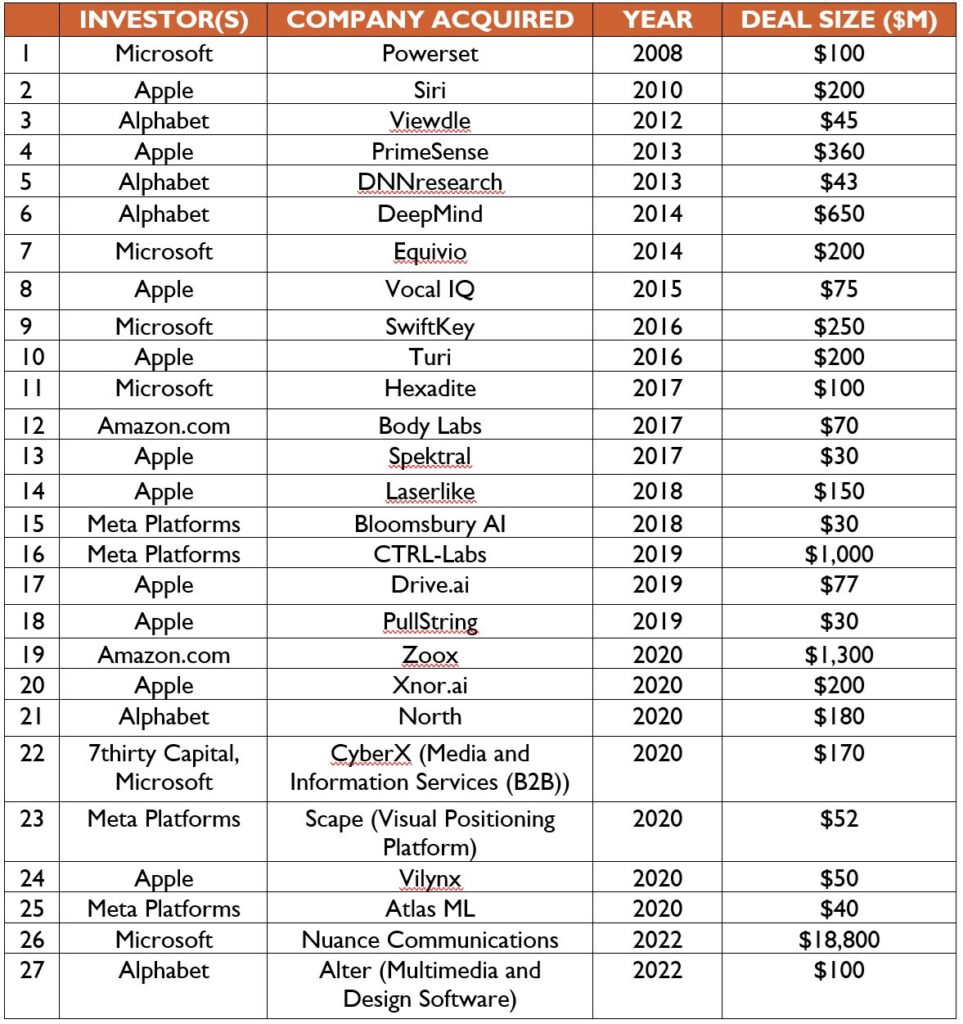

A federal judge in the U.S. has determined that Meta, the parent entity of Facebook, Instagram, and WhatsApp, has not infringed upon antitrust regulations concerning its social media platforms. On November 18, Judge James Boasberg dismissed allegations made by the Federal Trade Commission (FTC) claiming that Meta maintained a monopoly in the social media sector following its purchase of Instagram and WhatsApp. The judge concluded that Meta does not have monopolistic power in the related market, highlighting the competitive environment influenced by platforms such as TikTok.
The ruling pointed out that Instagram and WhatsApp have been adapting to enhance their competitiveness against TikTok, a widely-used application owned by ByteDance. Judge Boasberg acknowledged that TikTok’s presence in the market, occasionally regarded as an entertainment platform, played a role in the conclusion to dismiss the FTC’s allegations. The judge referred to TikTok’s temporary shutdown in the U.S. earlier in 2025, which allegedly benefited Instagram and WhatsApp, further reinforcing the idea that Meta’s applications are not monopolistic.
Meta’s leaders, including CEO Mark Zuckerberg and COO Sheryl Sandberg, have maintained that their platforms fulfill distinct functions within the social media environment. They contend that the acquisitions were meant to enrich and expand the platforms rather than to monopolize the market.
The ruling also addressed TikTok’s legal issues in the U.S., where it encountered possible bans and discussions regarding divestiture. The judge mentioned a comparable incident in India in 2020, when TikTok was prohibited, and users considered Instagram and WhatsApp as similar alternatives. This context bolstered the decision to reject the FTC’s allegations against Meta.
In summary, the ruling emphasizes the evolving character of the social media industry and the continuous rivalry among significant platforms.